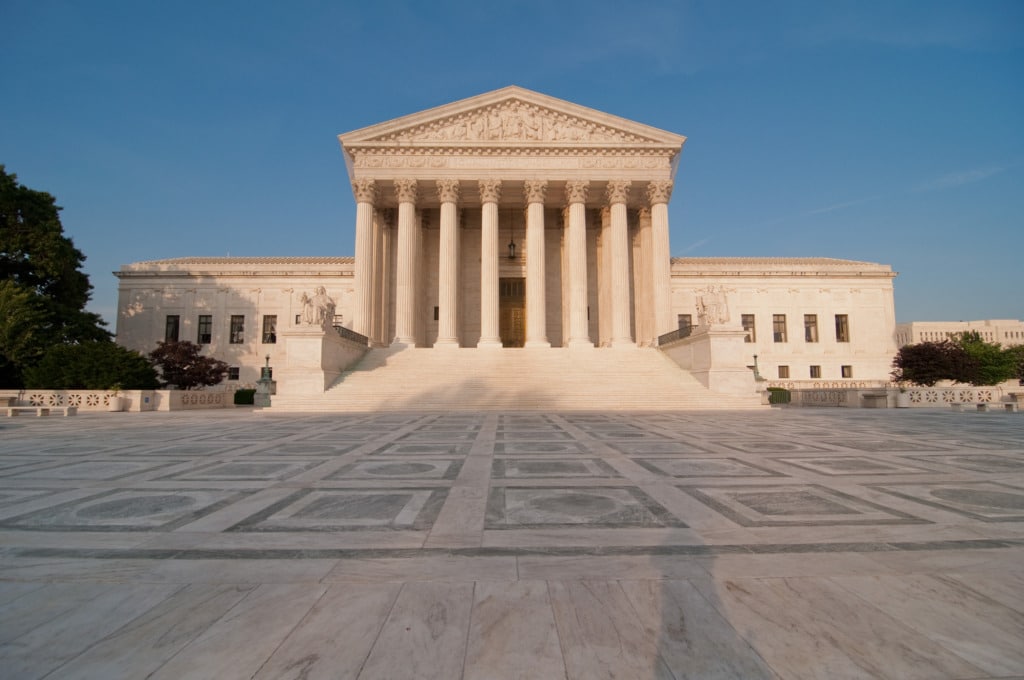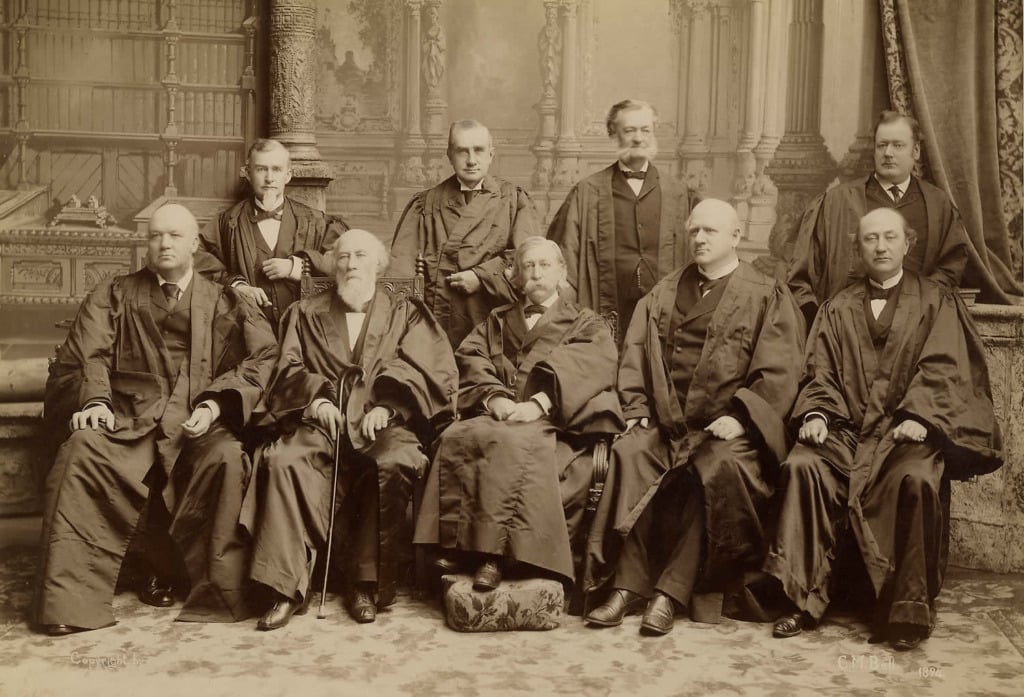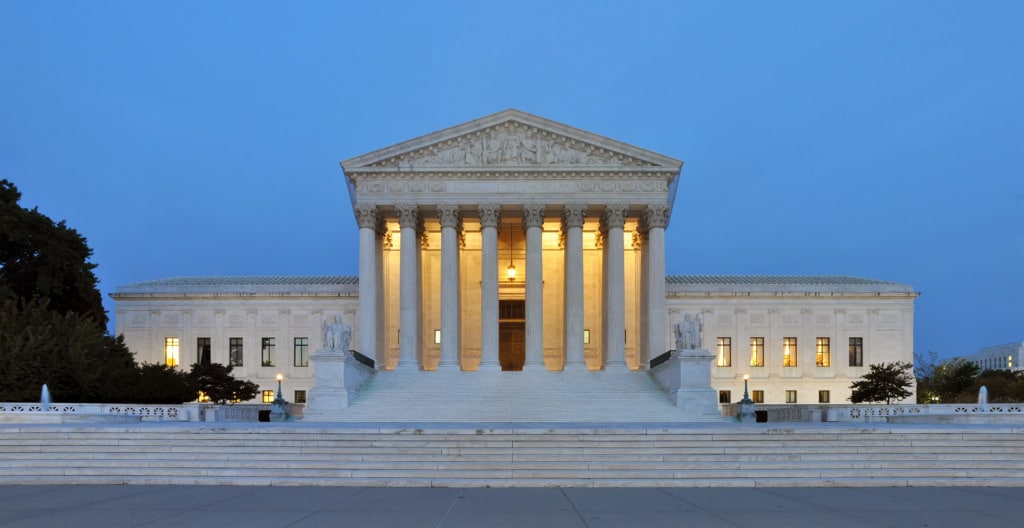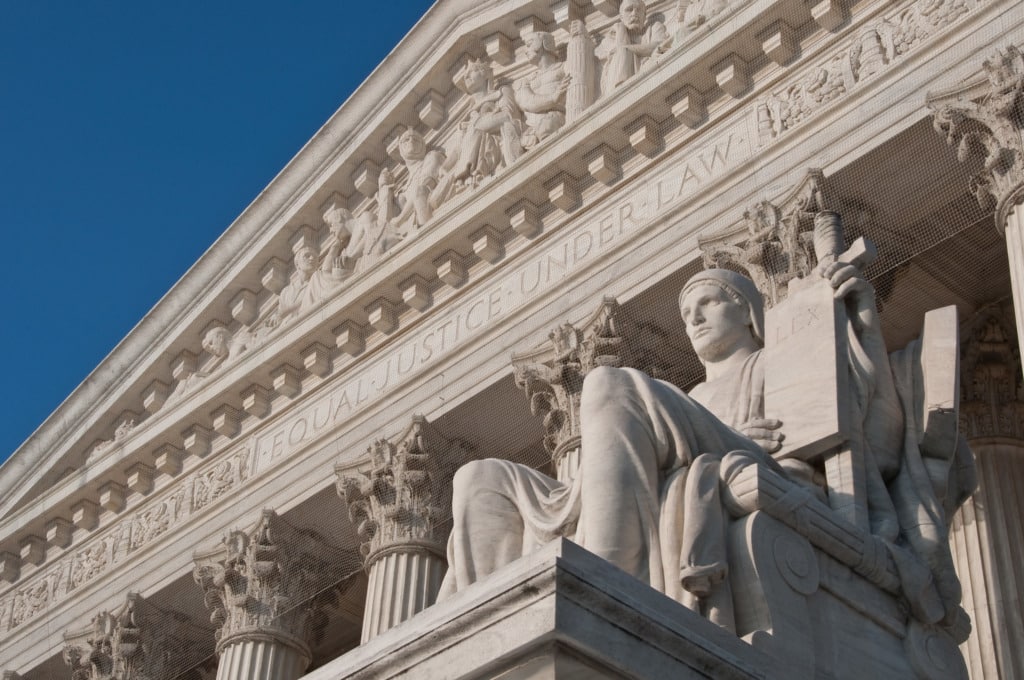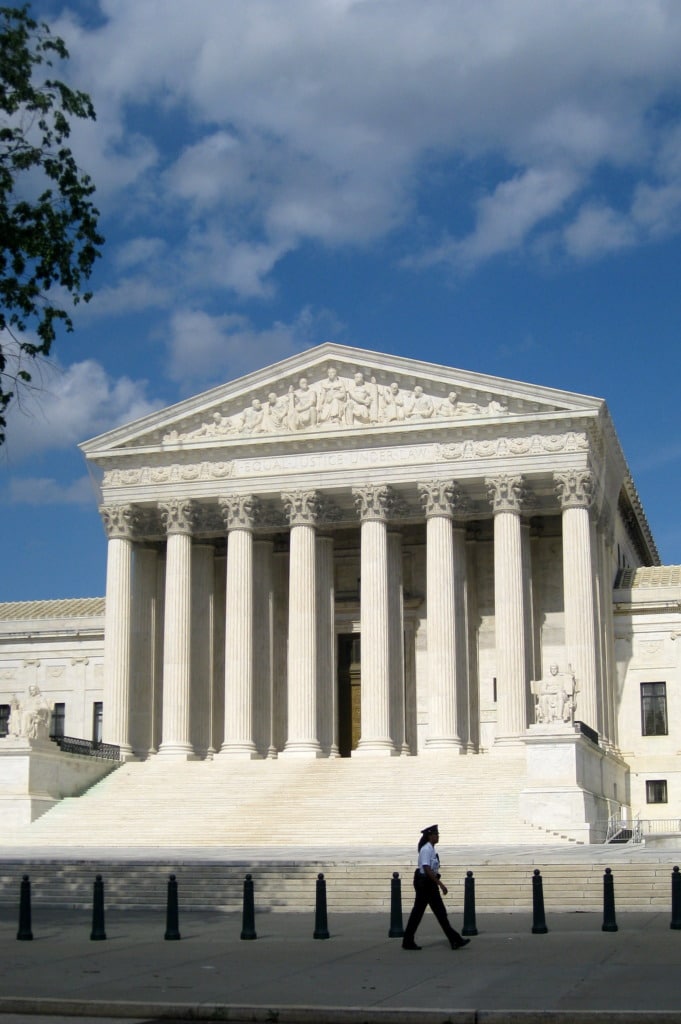Fuld’s Implications for the FSIA (and Other Federal Statutes)
In Fuld v. PLO, the U.S. Supreme Court held that “the Fifth Amendment does not impose the same jurisdictional limitations as the Fourteenth.” This means that Congress may authorize federal courts to exercise personal jurisdiction over defendants that state courts may not constitutionally reach. In Fuld, the Court upheld the constitutionality of the Promoting Security…
Continue ReadingCVSG in Chabad v. Russian Federation: Another Question of Foreign State Immunity
On June 2, 2025, the Supreme Court called for the views of the Solicitor General (“CVSG”) in Chabad v. Russian Federation. In Chabad’s petition for certiorari, the question presented is whether the Foreign Sovereign Immunities Act (FSIA)’s expropriation exception applies to a foreign state if the expropriated property—or property exchanged for it— is located outside…
Continue ReadingSCOTUS Rules for Gun Manufacturers in Mexico Suit but Denies Blanket Immunity
This article was first published on Just Security. Prior TLB coverage of the case can be found here. On June 5, in Smith & Wesson Brands Inc., et al. v. Estados Unidos Mexicanos, the U.S. Supreme Court unanimously ruled that Mexico’s lawsuit against seven U.S. gun manufacturers and one distributor is barred by the immunity…
Continue ReadingThrowback Thursday: Hilton v. Guyot
One hundred and thirty years ago this week, on June 3, 1895, the Supreme Court decided Hilton v. Guyot. Hilton is the seminal decision on recognizing and enforcing foreign judgments in U.S. courts. Although the federal common law rule that Hilton announced has been superseded by state law, Hilton continues to influence state rules in…
Continue ReadingHalkbank Files New Cert Petition
Halkbank, a Turkish state-owned bank accused of violating U.S. sanctions on Iran, filed a petition for certiorari last week seeking a second chance to convince the Supreme Court that it is immune from criminal prosecution in the United States. In its first trip to the Court, back in 2023, Halkbank argued that it was entitled…
Continue ReadingCVSG in Wye Oak v. Republic of Iraq: Is it Time to Resolve the FSIA “Direct Effect” Circuit Split?
On April 28, 2025, the Supreme Court called for the views of the Solicitor General (colloquially a “CVSG”) in Wye Oak Tech., Inc. v. Republic of Iraq. This is the latest chapter in a decades-long attempt by Wye Oak (discussed in a separate blog post) to recover damages for the breach of a contract it…
Continue ReadingThe Fuld Oral Arguments as Haiku
Justice Roberts: This is all just words! It sounds like a grab bag. Please: Give us a clear test. Justice Thomas: PLO, PA? Are these things “persons” really? And do they have rights? Justice Alito: Why is this unfair? Don’t the defendants have an Office in New York? Justice Sotomayor: We still need…
Continue ReadingOral Argument Recap: Fuld v. PLO
On Tuesday, the Supreme Court heard oral argument in Fuld v. Palestine Liberation Organization. The question presented is whether the Promoting Security and Justice for Victims of Terrorism Act of 2019 (PSJVTA) violates the Fifth Amendment’s Due Process Clause by declaring that the Palestine Liberation Organization (PLO) and the Palestinian Authority (PA) have consented to…
Continue ReadingFuld v. PLO: Argument Day!
Today, the Supreme Court is hearing oral argument in Fuld v. Palestinian Liberation Organization. The petition asks whether the Promoting Security and Justice for Victims of Terrorism Act of 2019 (PSJVTA) violates the Fifth Amendment’s Due Process Clause by declaring that the PLO has consented to personal jurisdiction based on specified conduct. TLB’s prior coverage…
Continue ReadingFuld Preview: AALS Panel on Mallory and More
Next week, the Supreme Court will hear oral argument in Fuld v. Palestinian Liberation Organization. TLB’s prior coverage of Fuld can be found here. Among the key issues in Fuld is whether the Promoting Security and Justice for Victims of Terrorism Act’s scheme for consent-based personal jurisdiction is constitutional. In 2023, the Supreme Court decided…
Continue Reading